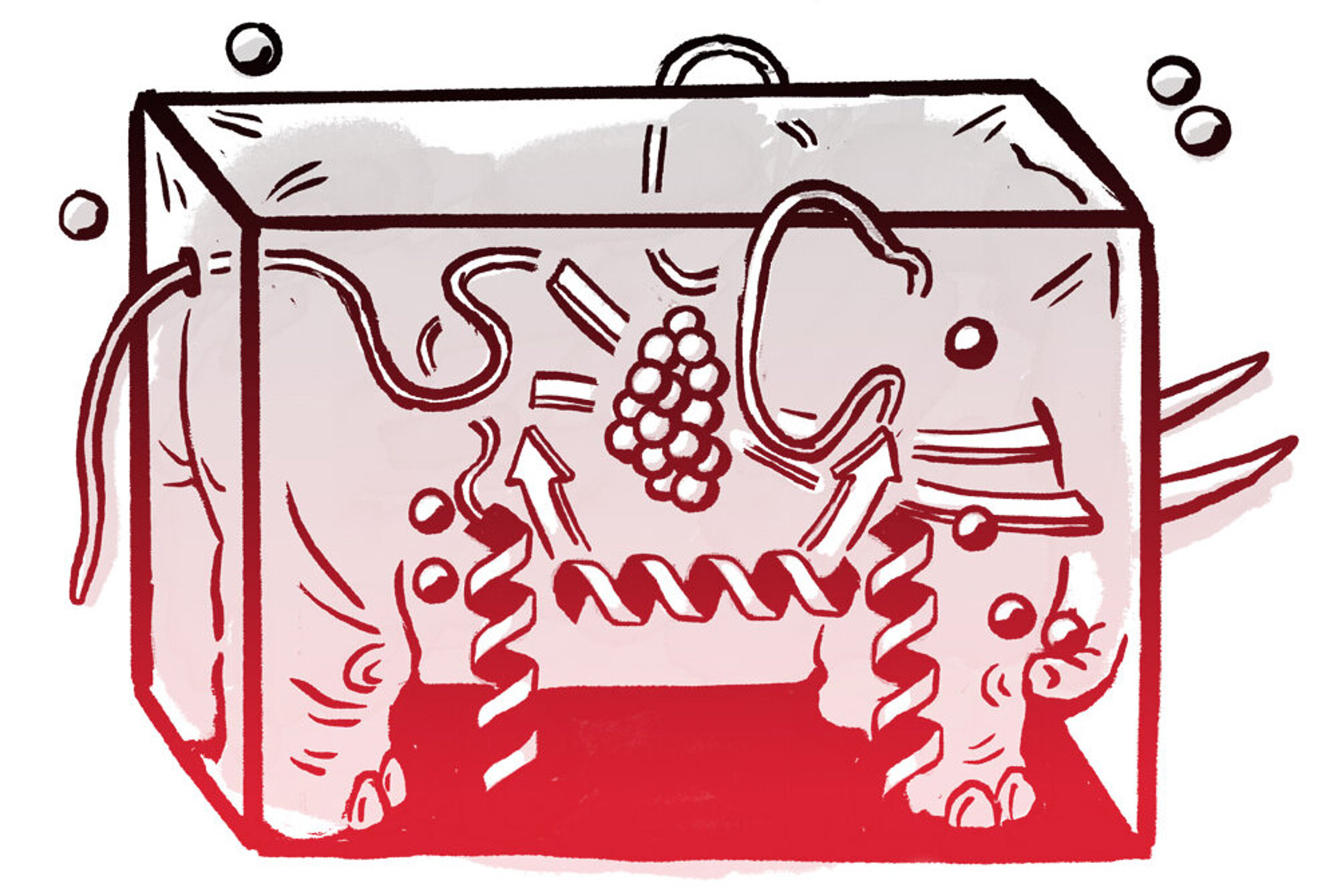Oncologist and Einstein BIH Visiting Fellow Channing Der was responsible for co-discovering the cancer-causing RAS gene in the 1980s. He has faced many disappointments during the four decades in which he has studied the mysterious protein. In 2021, the first cancer therapy based on his arduous research has been approved for lung cancer treatment.
I originally went into science because I was fascinated by the process of discovery as an intellectual exercise. Over time, I met so many families who had lost relatives to pancreatic cancer – the deadliest of all cancers – so the fear I saw in the people I met then became the most powerful motivation for my research.
I have studied the RAS oncogenes, HRAS, KRAS and NRAS, for almost four decades now. RAS mutations are the most prevalent in the deadliest cancers: they are found in 25 percent of lung cancers, 40 percent of colorectal cancers and 95 percent of pancreatic cancers. So, it is simple math: If we solve the RAS dilemma, we can make a significant impact on our deadliest cancers.
I was involved in the discovery of the RAS gene in 1982. I had been given what seemed to be a dead-end project as a postdoctoral student at Harvard Medical School. Against all odds, I discovered RAS in the cancer cells I was working with. It was a huge shock as it represented the identification of the very first cancer-causing genes in human cancers. I remember when I showed the results to my advisor, he did not speak for what seemed like minutes. Then, he finally said: “This could be one of the most significant discoveries in cancer biology in decades.”
I like to refer to RAS genes as the “elephant in the room” because they are so hard to ignore but daunting to study. If I look back, it has been one disappointment after the other. We have had periods of hope and excitement, only to be followed by disappointment. Many researchers gave up. I remember a senior researcher said to me: “Stop studying RAS; it is too tough.” Yet I persisted, in part because I had been involved in its discovery and have a desire to finish what I have started. It has been one of the most fascinating proteins in cancer research.
Around 2006 and 2007, around the time the cancer genome was being sequenced, many people hoped to find new targets. But RAS turned out to be the most significantly mutated oncogene in cancer. The research community therefore realized it could not run away from it anymore. The level of involvement and excitement has never been so high. With the approval of an inhibitor for one specific KRAS mutation, KRAS G12C mutation in the lung, which is associated with smoking, we are finally seeing light at the end of the tunnel. Preclinical studies have shown that KRAS G12C inhibitors could also enhance tumor response to immunotherapy. With more than 200 different KRAS mutations found in cancer, this marks the beginning of a new chapter in RAS drug discovery.
Currently, there is still virtually nothing we can do for pancreatic cancer patients. But a therapy based on our research and that of many others is now being tested in clinical trials, as are others for lung cancer patients. It seems that we finally know enough about RAS to achieve some success. But we are certainly not done studying it. It is just the beginning.
That is why the Berlin connection is important for me. The Charité group we are working with has techniques and expertise we do not have. We can now take tissue from a cancer patient and create an organoid. Studying these little balls of tumour will allow us to determine more accurately what will happen when we treat a cancer patient with a therapy we discover in the lab. We can use this approach jointly to develop more effective and personalized therapies.
Often when I go to meetings with patients or their relatives, people come to me in tears and say: “Please keep doing what you're doing, we are counting on you.” I will not let them down.


